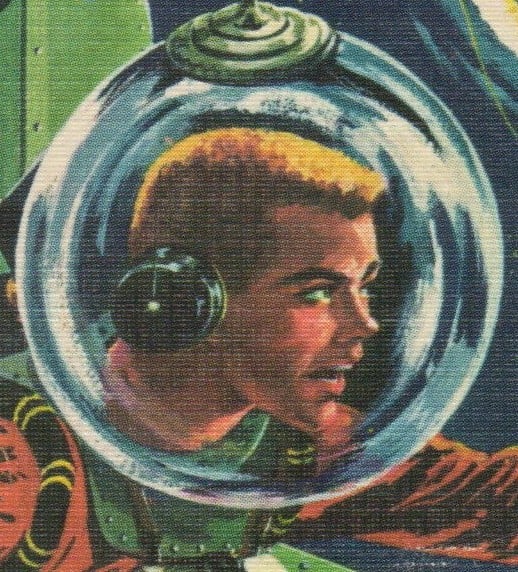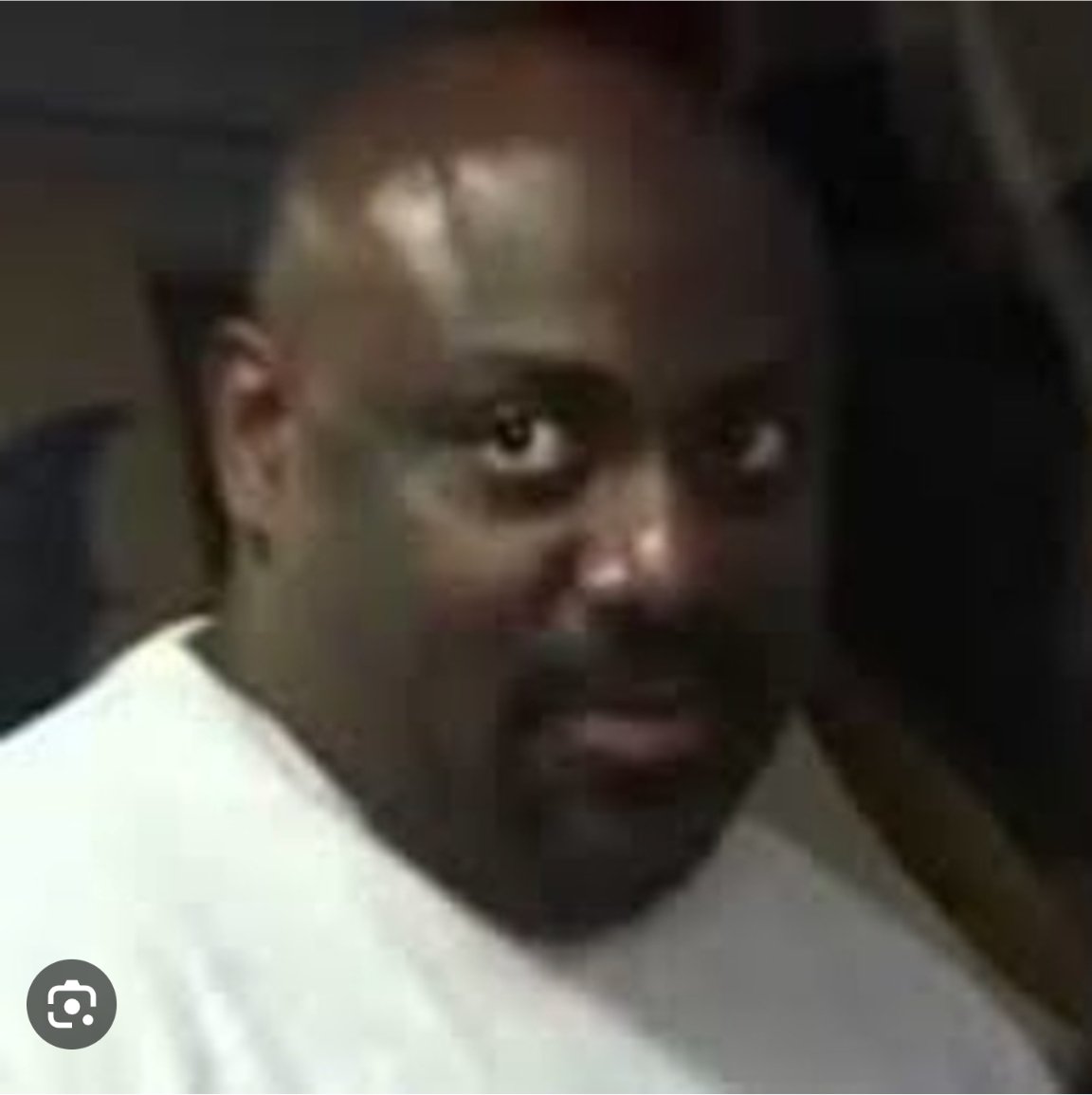Given the harmful effects of light pollution, a pair of astronomers has coined a new term to help focus efforts to combat it. Their term, as reported in a brief paper in the preprint database arXiv and a letter to the journal Science, is “noctalgia.” In general, it means “sky grief,” and it captures the collective pain we are experiencing as we continue to lose access to the night sky.
Don’t think I’ve ever seen a legit night sky in person.
I saw the Milky Way for the first time when I visited Cooperstown New York 5 or so years back. My neck was sore by the time I stopped looking. It’s a shame most people don’t know what they’re missing out on.
When I lived out in the country I could see it almost every clear night. I could also watch satellites drift overhead, and there were so many fireflies I could walk through the woods at night without a flashlight.
Suburbs fucking suck.
I like living near people but the dark night sky would be a welcome change.
Living in a tiny town has its drawbacks and everyone knows everyone’s business, but if you get the urge to just be alone you can head off in any compass direction and find peace out in nature. Sure the takeout options are more varied in the city but constant traffic noise fucking hurts my head and I can’t see any constellations anymore
That’s the best part, I didn’t live in town. They could have their petty bullshit, I just wanted the stars
Check out Cherry Spring state park. It’s a dedicated star park in mid north PA classes as Bortle 2 light pollution (cities are 8+, uninhabited it 1)
Edit: don’t forgot to avoid the moon
The Milky Way may be closer than you think. I had never really seen it until a few years ago. I was in my usual darker spot and took a picture of it with my phone’s astro mode. I looked back up and suddenly, there it was. I just never knew what to look for or, more importantly, just how big the visible structure was.
I recommend taking a look at lightpollutionmap.info and seeing what’s around you. I’m in a major city metro but dark-enough skies are less than 2 hours away. The Milky way revelation was in a “Bortle 5” zone (red on the map). Cities are class 8+, oceans/uninhabited is class 1. Constellations help you find the core (namely the tea pot/milk dipper asterism) and knowing what time of year/night to look is important. August is the usual ~10pm month but you can go out later at night earlier in the year and vice versa from about April (close to sunrise) to October (near sunset).
Be aware you need to adapt your eyes. Pupils dilate in seconds but the 20 minute thing comes from replenishing rhodopsin in your eyes. White/blue/purple light bleaches that compound but red doesn’t. With enough commitment and knowledge at that same place, Andromeda becomes a naked eye object for me. Extremely faint and just a smudge, but unmistakable.
I live in that gigantic red and purple blob in Northern Europe and I’m lucky if I can see 3 stars in the sky at night.
I’ve never ever seen a totally star-filled sky and it’s something I’m very sad about. One day I’ll head out to somewhere like the Australian Outback and just gaze up in awe.
The irony is that most of us live in a red/purple blob. A light pollution map pretty accurately matches population heat maps. The only outlier tends to be some resource mines, especially petroleum/gas fields with constant waste fires
I live in Italy. The map doesn’t show a single spot below yellow in my entire country.
I’ve never seen a clear sky in my life.
As someone living in a purple/white zone, the red zone really is magnificent by comparison. It’s clear enough when avoiding street lights that when I step out of the car, despite the dash and headlights affecting my adaptation, I immediately see the Milky way. Yellow is a step clearer, so don’t be discouraged
Wow! I’m closer than I thought! Thanks so much. This may change where I camp this weekend.
Sounds like you might have some binoculars. 7x35 or 8x42 or 10x50 binos are great for scanning the night sky. Outer lens diameter divided by zoom = inner lens diameter which you want to be 5mm or greater. 35/7=5 and 42/8=5.2 etc. Some larger “deep sky objects” such as Andromeda galaxy, Lagoon Nebula, Orion Nebula, and Hercules cluster pop right out in my nikon ae 10x50s. Again, they’re just smudges, but they’re such stationary smudges you’ll swear the sky is a painted dome.
Neat map, thanks. I’m not terribly far away from clearer night skies, but I’m down in the red-purple and not particularly mobile.
Look up a light pollution map for your area, it will show you the darkest parts around you to go see the sky for what it really is. Usually within an hour or 2 of anywhere there is a place dark enough to see the milky way with your own eyes.
I haven’t seen the Milky Way for maybe 15-years. Even at my camp in the boondocks, nada. You have to really get out there, can’t imagine where I would go from NW FL.
it always seemed a bit like something in cartoons. it must’ve been so much more vibrant in ancient times, it makes sense why they were so into star tracking. like a big soap opera
I was ready to see the Milkyway in Colorado a few years back but there was wildfire smoke covering the sky the entire time I was there.
I did get to see it just a bit in Arkansas last year(it really wasn’t as dark as I’d have liked it). I was doing some long exposures with a camera and my mom says “Wow it’s a pretty clear night except for that one cloud…”
A few years ago, I moved from Chicago to a medium sized city in Colorado. Even with the light pollution we have in my city, the stars are still great. In Chicago I was lucky to see fifteen stars on a clear night.
Ok I’m probably just being stupid, but can someone tell me why everybody’s talking about seeing the milky way? Aren’t we part of the milky way? Do you just mean the other stars and stuff?
When you get away from light pollution you can see a lot more stars and a bright line called milky way. We are part of the milky way and you can see the rest of it.
It looks [https://hr.m.wikipedia.org/wiki/Datoteka:Milky_Way_Night_Sky_Black_Rock_Desert_Nevada.jpg](like this).
In the summer, at night, we’re facing the galactic center. You can see the cloud of uncountable stars held close to the supermassive black hole at the center, and you can see the band of light spanning the sky that it the rest of the disk and arms.
It’s the reason the galaxy is called the Milky Way, because those billions of stars looks kinds like somebody spilled milk all across the night sky.
If you are in the darkest parts of the world I think you can still see it a bit in winter but you’re looking outward into intergalactic space, so it’s much fainter, only showing the stars in our arm that are even further out.
Last time I saw one, I was a Boy Scout at Camp Barnhardt. I think that was in South Carolina.
I grew up next to very high mountains, it’s ideal for watching the nihhtsky. No picture, video or painting can transcribe the experience. It’s overwhelming, and very hard to see it being lost…
I didn’t see the milky way until I was in my 30s
There was a NASA lady on StarTalk recently talking about how there’s something like 360,000 more satellites planned/approved to go into orbit and it’s going to completely erase the night sky. We’re at something like 7700 currently.
We are slowly turning ourselves into Krikkit.
Soon as we invented the little green piece of paper it was all downhill from there
Should never have gotten down from the trees
If you have seen that StarTalk episode, do you remember what Neil DeGrasse Tyson’s response to that? He seems like good people…
I don’t recall offhand his response but I believe it was this episode: https://startalkmedia.com/show/the-story-of-space-imaging-with-carolyn-madam-saturn-porco/
What was it?
Reminds me of how we sometimes export light pollution. When I first got to Afghanistan I thought I would be able to see the stars being in the middle of a desert. That idea was quickly made harder to accomplish by the massive light pollution coming from camp leatherneck which, along with the moon dust perpetually floating mid air, killed any chance to see the stars clearly for miles around. Base turned a patch of desert into a sprawling light factory in just a few years.
I live in the darkest part of my town. When my porch light burned out, I decided to not replace it because sometimes I can see stars at night.
What a simple, great word to describe it.
This feels like it comes from the Dictionary of Obscure Sorrows. It’d fit well
Lived in the city for a few years before moving back to my rural hometown. The night sky without any light pollution was definitely an underrated thing I didn’t realize I missed.
Little reminder that your eyes need 30min to adjust to night conditions, and just a second of light to start the counter again. So no smartphones, no watch, no kindle, not even a lighter or the led on your vape, if you want to enjoy the experience fully.
Try in a small town. Seriously, tho villages are better. Go in the backroads, you’ll have plenty of sky and stars to get lost in.
You’d be surprised how much “bleeding” there is. You also can’t scope in certain directions because of even really far off cities. You’re often forced into a specific cone.
Perfection is the enemy of “good-enough and be able to experience in this lifetime”
Only in the most remote deserts, wilderness areas and oceans can you find a sky as dark as our ancestors knew them.
deleted by creator
I think it’s quite nihilistic to just accept that there’s no going back to a better night sky as if too many lights being kept on a night is an insurmountable problem.
deleted by creator
There are few places left on Earth to see an unpolluted night sky. Definitely nowhere near civilization. On top of that, light pollution still drowns out dimmer objects permanently. We are blinding ourselves globally. To our ancestors the sky was a living light show. Its no mystery why they thought gods lived there.
In densely populated areas you have to move quite far out to find such places. Like, check a light pollution map and then scroll into central Europe, like around the Netherlands and western Germany. It’s all just a big red blob.
The part that wasn’t in the title:
astronomers have invented a new term to describe the pain associated with this loss: “noctalgia,” meaning “sky grief.”








